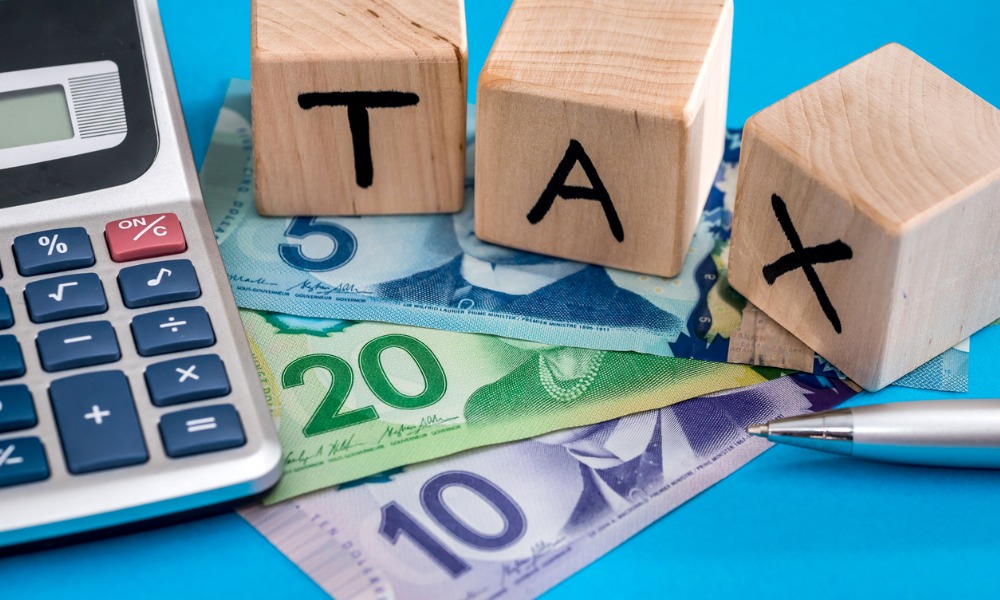Tax expert explains things to remember as the extended cut-off date for filing fast approaches

COVID-19 has left many of us flummoxed by changing schedules. New ways of living and working has led to a “new normal” that has induced anxiety and fear despite acknowledgement of the greater good.
For many this has been compounded by loss of work, whether that’s reduced hours or full unemployment. Some things never change, though, and that’s taxes, albeit governments have provided respite by delaying the deadline until June 1.
For those getting ready to file this week, the pandemic has meant a number of new considerations. Lisa Gittens, tax professional at H&R Block Canada, told WP the demand for professional guidance has increased dramatically because of COVID-19. A common and simple pitfall, though, has seen people get caught up in the moment and forget that they are filing for 2019 and not 2020. It shows just how destabilising the pandemic has been.
While the deadline was pushed back from its original April 30 date, the penalty for filing late has not changed, remaining at 5% if you owe a balance or any interest that could be accrued. If you are self-employed, your deadline remains as June 15, while for those who have to file a GST HST return, they have until June 30.
For those claiming CERB, if you’ve lost your job because of the pandemic, Gittens said it’s important to remember that it’s taxable income if your income exceeds the basic personal allowance.
She said: “If you're adding $8,000 to $12,000 of employment income, or adding $8,000 to $30,000 of employment income, now you are in the tax payable system. Fifteen per cent is the lowest federal tax bracket and, if you're in Ontario, it's 5% for provincial tax. So, put at least 20% of those funds aside to help you pay your tax bill when you file your 2020 taxes.”
For those who are finding money hard to come by right now, it’s vital advisors make the most of the credits for clients. For example, if you are an individual who was earning up to $150,000 and had childcare expenses, the Ontario government put in place childcare credit, which meant if you reported the childcare you paid in 2018, you got a federal deduction and provincial credit. This could mean you got back up to 75% of what you paid as part of your tax refund.
“We know that you're home in 2020 and that your children are there with you,” Gittens said. “Don't forget to claim the child care when you file your 2019 taxes because that could immediately give you a bigger tax refund. Don't let the anxiety get to you. It's important that you file your taxes so that you can get tax relief now.”
For small businesses, the government deferred payments of income tax to September 1, without any interest or penalties. For those paying instalments, the payment due on June 15 has also been postponed until September 1.
Overall, though, Gittens stressed that filing taxes on time is crucial to allow clients to get the money they are owed without delay, which may be exacerbated by the sheer number of initiatives the CRA is having to deal with right now. This could mean missing out on credits and top-ups.
“If you’re receiving the Canada child benefit payment, Federal government sent a top-up of $300 per child. If you filed your tax return for 2018 on time, they have that information so they could simply deposit that $300 in your bank account for parents whose income did not previously qualify them for the Canada child benefit.”
Seniors also received a top-up, as did those with GST credit. Gittens said: “Get what's yours; don't leave money on the table. Make sure you're getting the benefits and credits you're entitled to, and make sure you're claiming your refund so you have the benefit of using it when you want to.”



